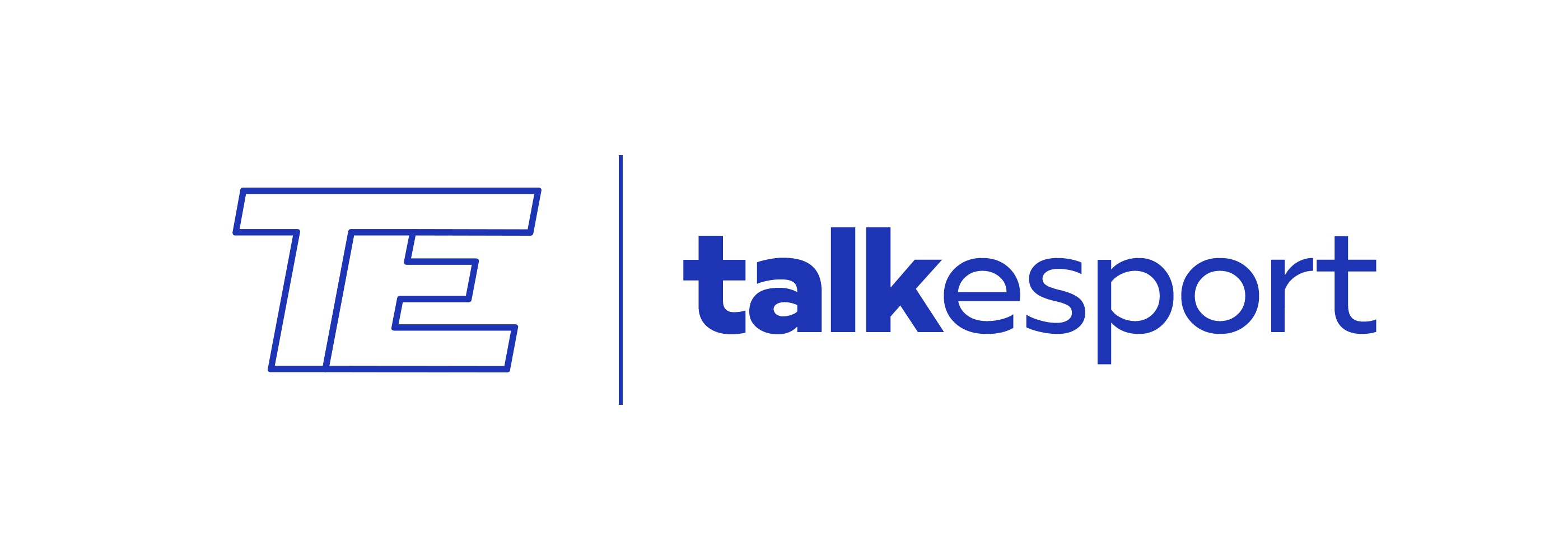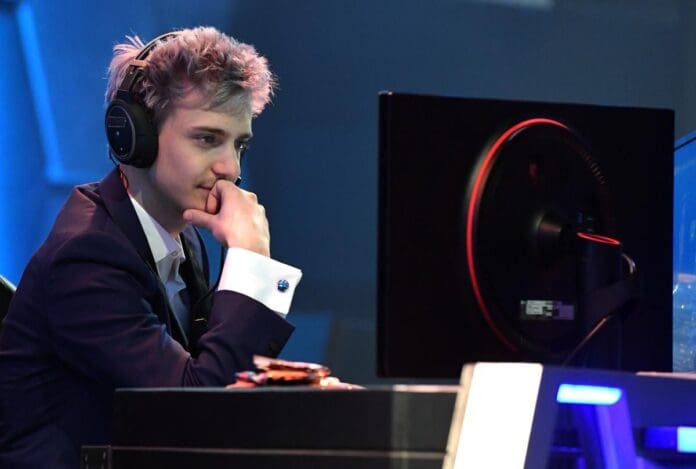So you consider yourself an avid gamer. That’s great! That means you’re loving the idea of playing games not just as a source of recreation, but as a fun means of entertainment as well. And if you’re already doing this for a couple of years, why not take it up a notch and actually consider a career in professional gaming? Gone are the days when adults and grown-ups tell us that we “can’t achieve anything with gaming.”
And if eSports tournaments tell us anything, it’s that there’s a ton of potential in tapping into your talents as a gamer. How do you do it, though? Here are some things you can do to start:
Find a game you’re good at and start training for competitions. If you want to be a professional gamer, you likely consider yourself good in a kind of game. Once you have a specialization, find a way to compete with others. This establishes your place in competitions. Find matches online, via your local network, and even in conventions and tournaments. It doesn’t matter if you lose, the point is to get yourself out there and to help others recognize you as a gamer. It’s better if you win as this helps you get in others’ radars, but competing is a great way to expose yourself to the game and facilitate mastery.
If you want to be a pro gamer, you don’t just have to play a particular game, you need to be actually better in your game than usual players. The practice is key here, and you can start by regularly hanging out in lobbies and partaking in matches, even via multiplayer modes. This constantly develops your skills, as you’ll repetitively be thrust into new challenges against other players.
Aside from multiplayer drifting games and matches, actually try joining tournaments in local events. This gives you a good sense of the eSports atmosphere of the game you want to play. More importantly, you can also take this opportunity to study and assess how pro players participate in these games as well.
Complete your gear to prep yourself for matches. Another way you can prepare for a professional gaming career is to ensure you have the right equipment in the first place. Your gaming gear is an investment, as it is your machines and devices that allow you to play your favorite games in the first place. More importantly, you need to be able to learn how to play on different devices and adjust according to different graphical and in-game settings. A diverse set of gear allows you to develop flexibility in terms of playing games in different circumstances.
Try to observe what sort of gear other pro players have when they participate in competitions. They most likely have their own preference in terms of keyboards and other peripherals, as well as accessories including headphones.
A lot of these might seem quirky or done out of preference, but try to check if they actually provide an advantage for you. For instance, FPS players might want a good pair of headphones to hear enemy footsteps better.
Try to optimize what gear you have and plan for upgrades in the future. What minute elements in gameplay can be affected by your peripherals and gear, and what can you do to improve these elements? For instance, is an old controller making it hard to pull off combos? You might need to adjust these parameters in order to come up with something that works for you.
Start building your brand. When we say “build a brand,” we don’t just mean making a Facebook page. Rather, we want to make sure you start your pro-gaming career by establishing the kind of player you want to be and how you want others to know you. This makes it much easier for you to find games and events you want to participate in, sponsors you want to get to know you, and build how you want your audiences and fans see you as. This might be tricky to digest, but it’s actually very straightforward and easy to pull off with the right direction.
Set branding for yourself and stick to it. When we say branding, we don’t just mean a logo and a name. Rather, you should plan what sort of personality to show, how you want to show it, and what message you want to send to fans. This makes it much easier for you to check what games you can potentially play, and if your pro gaming means winning competitions or being more of a gaming personality.
Plan ahead as to what channels and media you want to expose yourself to. Social media appears to be an obvious choice – but what in social media? Do you want to be more on Facebook, Twitter, or Instagram? Each of these demand particular kinds of content that can match with audience preferences, so use these wisely.
Rely on Instagram if you’re going for the more aesthetic approach, then on Twitter for more fan chatter, and Facebook for your streams.
Build your network with friends, rivals, and sponsors. If you’re considering a professional gaming career, always prioritize building a network as well. This doesn’t just include friends you have in your favorite game’s contacts list. Rather, you should build connections with other popular teams and brands in the scene, as well as other players you know and admire.
When you let yourself be known and actively get to know others, you’ll likely snowball your career into success. Remember, lasting as a pro-gamer isn’t just about winning matches – it’s about making a meaningful impact on your community.
Always remember to make friends during events. Simple shaking hands, introducing yourself, and making small talk with peers and other competitors can make yourself known in the community. This is also a good way for you to establish yourself as a friendly pro-gamer, and someone others can easily approach.
Always try to attend networking events, especially if you know people who attend these kinds of gatherings. This is the best place for you to meet like-minded individuals and other people looking for people to join competitions and even be a part of their team. Introducing yourself to these people can be a great way to secure sponsorships and even be a part of multiple events in the future.
Start Your Pro-Gaming Career: Do It Right
Just because you like playing against others doesn’t necessarily make you a pro-gamer. There’s a lot to pro-gaming than just dominating leaderboards and matches with other players. As with the above, pro-gamers need to be able to form networks and prove their skills not just to judges and competitors, but also to their audiences and sponsors. Pro-gaming is a lot like having a business, and like any business, you’ve got to plan everything ahead.
If you have more tips to share, feel free to tell them in the comments!


